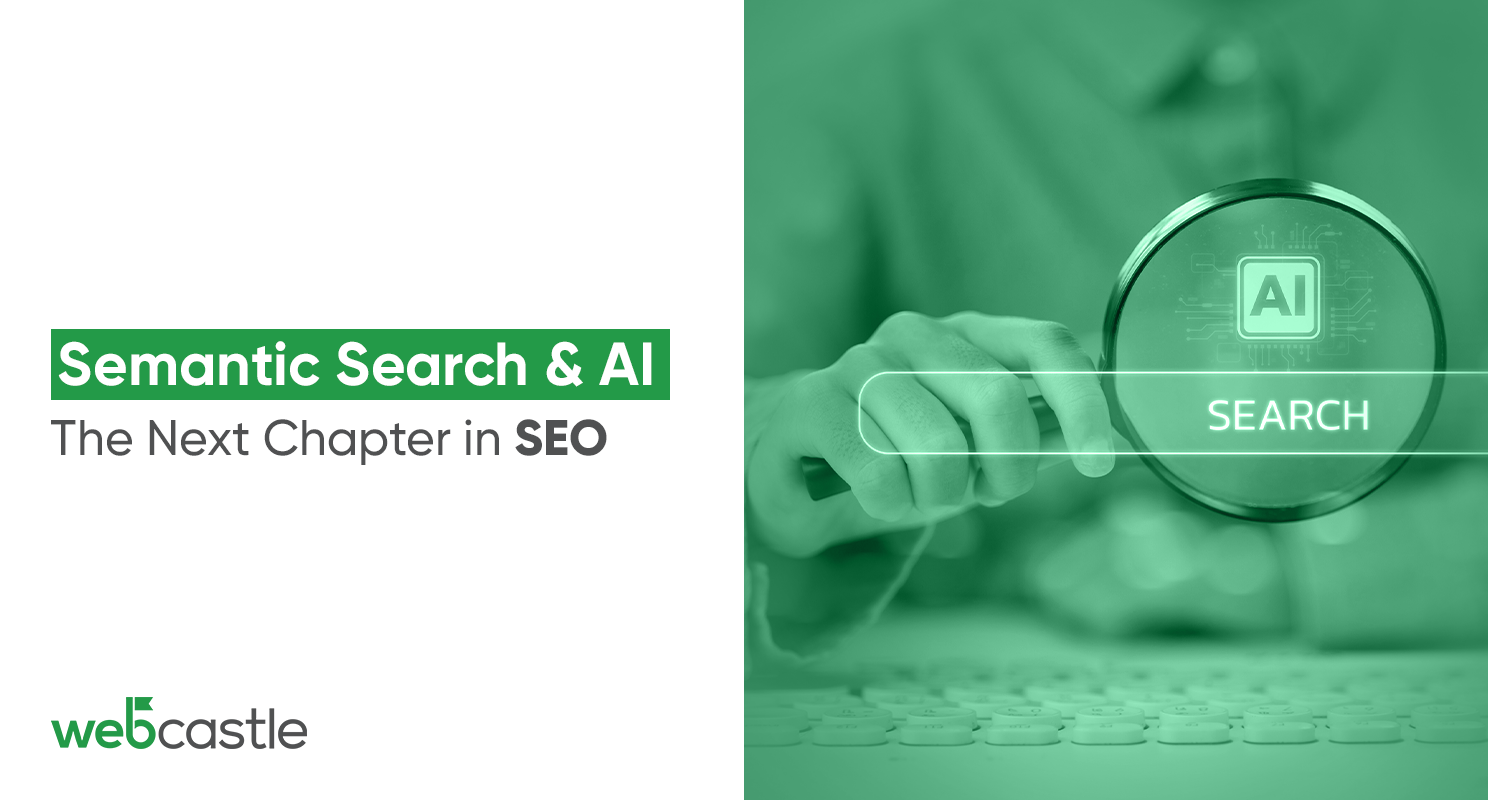In today’s fast-changing digital landscape, SEO isn’t just evolving, it’s transforming at lightning speed. The rise of semantic search and artificial intelligence is rewriting the rules of online visibility, shifting the focus from keyword-stuffed pages to truly understanding user intent and context. Businesses can no longer rely on outdated tactics; the future belongs to those who harness AI-driven strategies to deliver precise, relevant, and value-packed content. And in competitive markets like Boston, embracing semantic search and AI isn’t just a smart move, it’s a survival strategy.
What is semantic search?
Semantic search and AI in SEO focus on creating content around topics rather than just keywords, ensuring a more natural, user-focused approach that matches how people search online. This focuses on understanding search intent and thus providing comprehensive high quality information which addresses the user’s needs. With this approach, it helps in keeping a connection with the words to improve the search rankings, thus delivering more valuable content to the readers.
In semantic search, it considers the searcher’s location, search history and relationship and also the overall context of the query.
A person, while searching the context, types the content into Google, and the semantic search uses the location of the user. And also, prior behaviour based on the previous activity. The Google algorithm updates, like Hummingbird, BERT, and Rankbrain, are the most prioritised examples of how this semantic search has taken centre stage in improving search relevance.
Why does Semantic search and AI matter the most?
-
User-centric SEO:
Semantic search is not just about improving the search results; it’s more about understanding humans. Businesses try to understand what the context is and what the audience is trying to search for, thus pushing forward the relevant content.
-
Voice search optimisation:
With the arrival of AI voice assistants such as Alexa, Siri, Google assistants, etc., people are more into asking voice-over or conversational questions and enquiries. This is where AI-driven SEO strategies come into play, using natural language processing to analyse your content and craft pieces that align seamlessly with search intent.
-
Better content relevance:
Semantic SEO with its deeper knowledge also helps in creating as well as understanding the content, which is in-depth, meaningful content, rather than focusing on exact match keywords. This helps in establishing authority, improving dwell time and reducing bounce rates, factors which positively impact the rankings.
-
Personalisation & Predictive Search:
AI tailors results based on the past actions and user behaviour, location, and device use. By aligning your strategy with these trends, the content appears at the right place to the right audience and within the correct time.
If you are working with a website design company in Boston, there is a need to have content optimised for the semantic SEO Here’s how:
- Using schema markup search engines understand the content with structured data.
- Focus on topic Clusters, create pillar pages and link them to blog posts around related subtopics.
- Answer Real Questions, use tools like Google “people may also ask” to target what the real audience wants.
- Optimise for featured snippets; provide concise, clear answers that could be pulled into snippets boxes.
- Enhance content with AI tools: use platforms like Surfer SEO, ChatGPT to generate semantically rich content.
A forward-thinking SEO company in Boston will already be integrating these techniques to help clients thrive in the new environment.
The role of UX in the semantic SEO
The UX experience is very closely related to semantic search. An intuitive site, mobile optimisation, fast loading speed and accessible design all contribute to better SEO outcomes. If you are planning for a redesign or revamp, choose the best for you, collaborate with a skilled website design company in Boston, ensuring your platform supports these best practices. The business should start thinking beyond keywords and start thinking like their customers.
Whether you are a startup or a well-established brand, partnering with a top-tier digital marketing agency in Boston helps you stay ahead in this intelligent SEO era.

